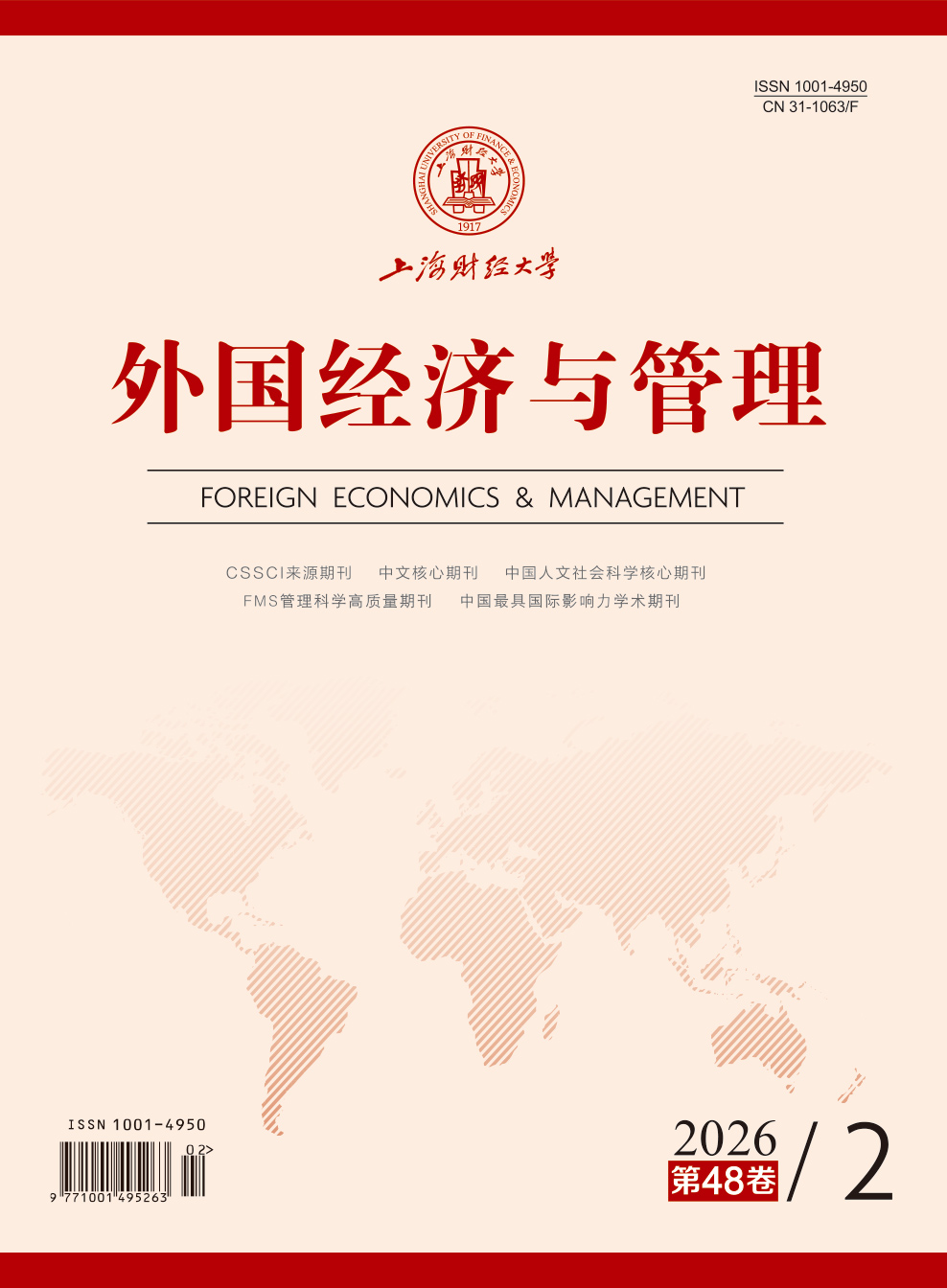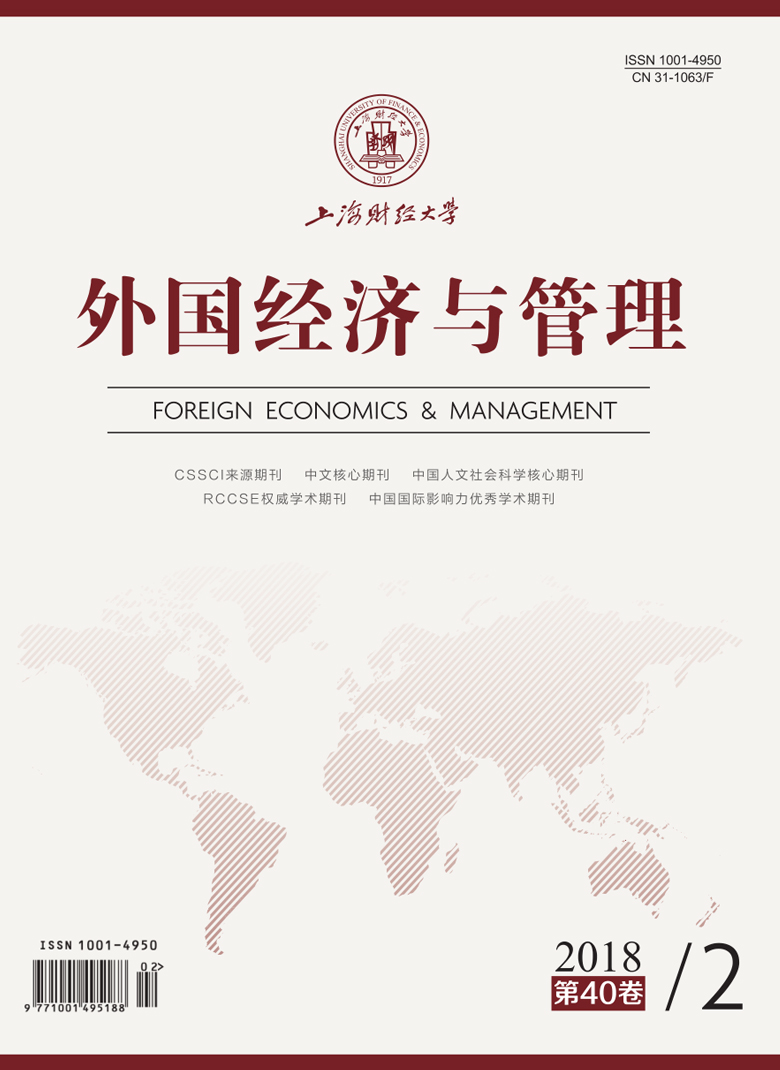在团队决策过程中,冲突在所难免。单纯的任务冲突能促使成员交换不同意见,更深刻地理解团队任务,有利于提高团队决策绩效;但任务冲突往往又会引发关系冲突,关系冲突一旦产生,就会对整个团队的决策绩效产生较大的负面影响。要提高团队决策绩效,关键在于有效抑制任务冲突向关系冲突的转化。鉴于团队领导能够显著影响团队的内部互动及团队结果,本研究在团队决策过程中引入了领导风格这一变量,通过行为实验模拟团队决策过程,来对比研究务实型领导风格和魅力型领导风格对任务冲突和关系冲突之间关系的影响。结果表明,务实型领导风格比魅力型领导风格更能有效抑制任务冲突向关系冲突的转化。
领导风格和团队冲突控制的实验研究
摘要
参考文献
2 陈致中. 魅力型领导理论综述及对管理者的启示[J]. 现代管理科学, 2013,(6): 33–35.
3 罗凤英. 杰出领导研究的新视角——CIP领导模型述评[J]. 上海行政学院学报, 2013,(4): 102–111.
6 Amason A C. Distinguishing the effects of functional and dysfunctional conflict on strategic decision making: Resolving a paradox for top management teams[J]. Academy of Management Journal, 1996, 39(1): 123–148. DOI:10.2307/256633
7 Bass B M, Avolio B J. Transformational leadership development: Manual for the multifactor leadership questionnaire[M]. Palo Alto, California: Consulting Psychologist Press, 1990.
8 Conger J A. The charismatic leader: Behind the mystique of exceptional leadership[M]. San Francisco, California: Jossey-Bass, 1989.
9 Creed W E D, Miles R E. Trust in organizations: A conceptual framework linking organizational forms, managerial philosophies, and the opportunity costs of controls[A]. Kramer R M, Tyler T R. Trust in organizations: Frontiers of theory and research[C]. Thousand Oaks, CA: Sage, 1996: 16–39.
10 De Dreu C K W, Weingart L R. Task versus relationship conflict, team performance, and team member satisfaction: A meta-analysis[J]. Journal of Applied Psychology, 2003, 88(4): 741–749. DOI:10.1037/0021-9010.88.4.741
11 De Dreu C K W. When too little or too much hurts: Evidence for a curvilinear relationship between task conflict and innovation in teams[J]. Journal of Management, 2006, 32(1): 83–107. DOI:10.1177/0149206305277795
12 Devine D J. Effects of cognitive ability, task knowledge, information sharing, and conflict on group decision-making effectiveness[J]. Small Group Research, 1999, 30(5): 608–634. DOI:10.1177/104649649903000506
13 Eagly A H, Johnson B T. Gender and leadership style: A meta-analysis[J]. Psychological Bulletin, 1990, 108(2): 233–256. DOI:10.1037/0033-2909.108.2.233
14 Eisenhardt K M, Bourgeois J L Ⅲ. Politics of strategic decision making in high-velocity environments: Toward a midrange theory[J]. Academy of Management Journal, 1988, 31(4): 737–770. DOI:10.2307/256337
15 Friedman R A, Tidd S T, Currall S C, et al. Stewing in your own juices: The effects of conflict style on work environment and stress[R]. International Association for Conflict Management Conference, Washington, D C, 1998.
16 Hirst G, Mann L. A model of R&D leadership and team communication: The relationship with project performance[J]. R&D Management, 2004, 34(2): 147–160.
17 House R J. A 1976 theory of charismatic leadership[A]. Hunt J G, Larson L L. Leadership: The cutting edge[C]. Carbondale, Illinois: Southern Illinois University Press, 1977.
18 House R J, Shamir B. Towards the integration of transformational, charismatic and visionary theories[A]. Chemers M M, Ayman R. Leadership theory and research: Perspectives and directions[C]. New York, NY: Academic Press, 1993.
19 Hunter S T, Cushenbery L, Thoroughgood C, et al. First and ten leadership: A historiometric investigation of the CIP leadership model[J]. The Leadership Quarterly, 2011, 22(1): 70–91. DOI:10.1016/j.leaqua.2010.12.008
20 Janssen O, Van De Vliert E, Veenstra C. How task and person conflict shape the role of positive interdependence in management teams[J]. Journal of Management, 1999, 25(2): 117–141. DOI:10.1177/014920639902500201
21 Jehn K A. A multimethod examination of the benefits and detriments of intragroup conflict[J]. Administrative Science Quarterly, 1995, 40(2): 256–282. DOI:10.2307/2393638
22 Jehn K A. A qualitative analysis of conflict types and dimensions in organizational groups[J]. Administrative Science Quarterly, 1997, 42(3): 530–557. DOI:10.2307/2393737
23 Johnson S K. I second that emotion: Effects of emotional contagion and affect at work on leader and follower outcomes[J]. Leadership Quarterly, 2008, 19(1): 1–19. DOI:10.1016/j.leaqua.2007.12.001
24 Kirkpatrick S A, Locke E A. Direct and indirect effects of three core charismatic leadership components on performance and attitudes[J]. Journal of Applied Psychology, 1996, 81(1): 36–51. DOI:10.1037/0021-9010.81.1.36
25 Kotlyar I, Karakowsky L. Leading conflict? Exploring potential linkages between leader behaviors and group conflict[J]. Small Group Research, 2006, 37(4): 377–403. DOI:10.1177/1046496406291388
26 Lazarus R S. From psychological stress to the emotions: A history of changing outlooks[J]. Annual Review of Psychology, 1993, 44: 1–21. DOI:10.1146/annurev.ps.44.020193.000245
27 Mumford M D. Pathways to outstanding leadership: A comparative analysis of charismatic, ideological, and pragmatic leaders[M]. Mahwah, NJ: Lawrence Erlbaum Associates Publishers, 2006.
29 Pathardikar A D, Sahu S. Can visionary leaders be role models for collaborative style of conflict handling among teams in IT organizations?[J]. Management and Labor Studies, 2014, 39(1): 103–120. DOI:10.1177/0258042X14535152
30 Porter T W, Lilly B S. The effects of conflict, trust, and task commitment on project team performance[J]. International Journal of Conflict Management, 1996, 7(4): 361–376. DOI:10.1108/eb022787
31 Schraub E M, Michel A, Shemla M, et al. The roles of leader emotion management and team conflict for team members’ personal initiative: A multilevel perspective[J]. European Journal of Work and Organizational Psychology, 2014, 23(2): 263–276. DOI:10.1080/1359432X.2012.728700
32 Shamir B, Zakay E, Breinin E, et al. Leadership and social identification in military units: Direct and indirect relationships[J]. Journal of Applied Social Psychology, 2000, 30(3): 612–640. DOI:10.1111/jasp.2000.30.issue-3
33 Simons T L, Peterson R S. Task conflict and relationship conflict in top management teams: The pivotal role of intragroup trust[J]. Journal of Applied Psychology, 2000, 85(1): 102–111. DOI:10.1037/0021-9010.85.1.102
34 Somech A. The effects of leadership style and team process on performance and innovation in functionally heterogeneous teams[J]. Journal of Management, 2006, 32(1): 132–157. DOI:10.1177/0149206305277799
35 Zand D E. Trust and managerial problem solving[J]. Administrative Science Quarterly, 1972, 17(2): 229–239. DOI:10.2307/2393957
引用本文
戴佩华. 领导风格和团队冲突控制的实验研究[J]. 外国经济与管理, 2018, 40(2): 82-92.
导出参考文献,格式为:
上一篇:工作重塑干预:概念、设计与影响





 10072
10072  12736
12736

